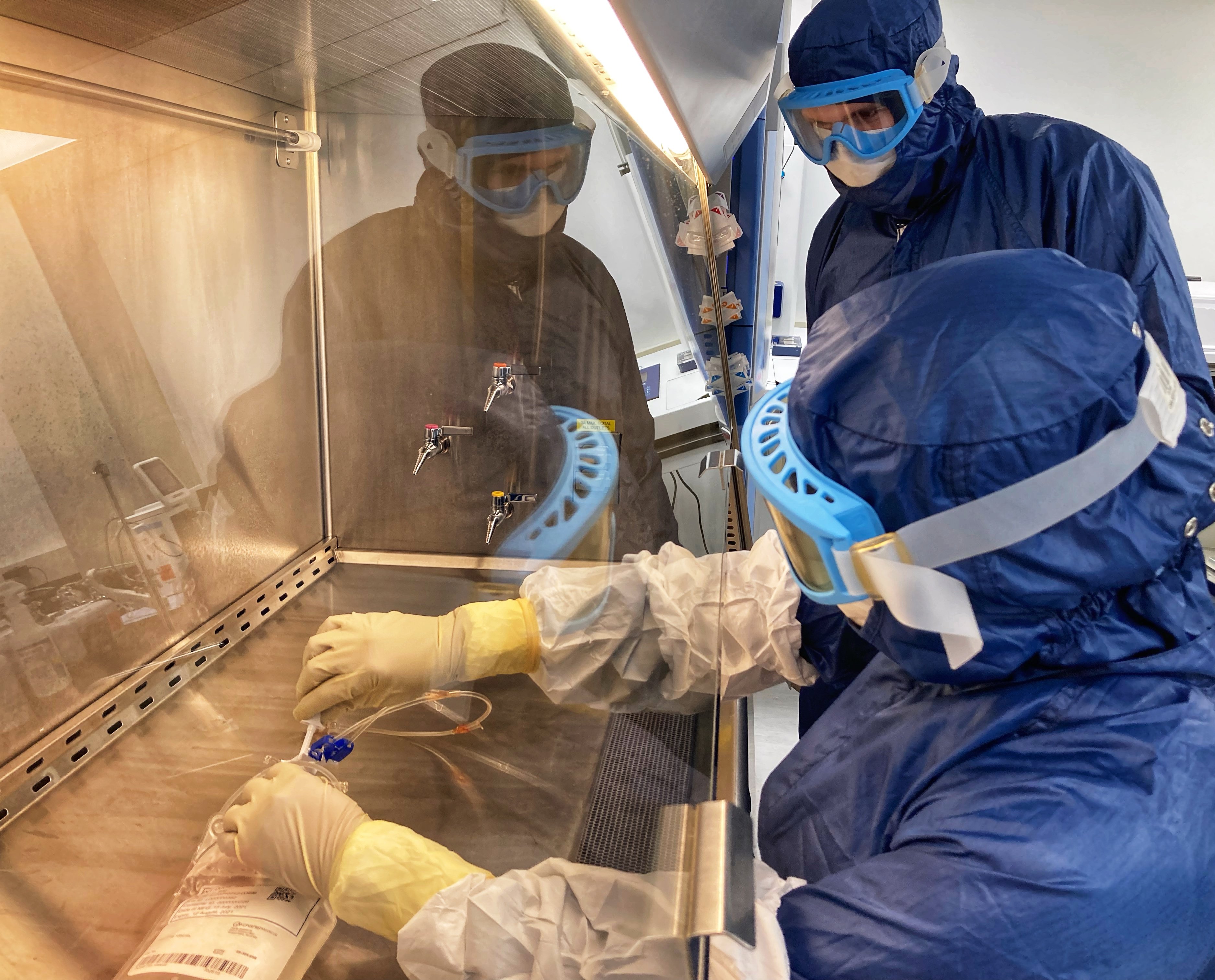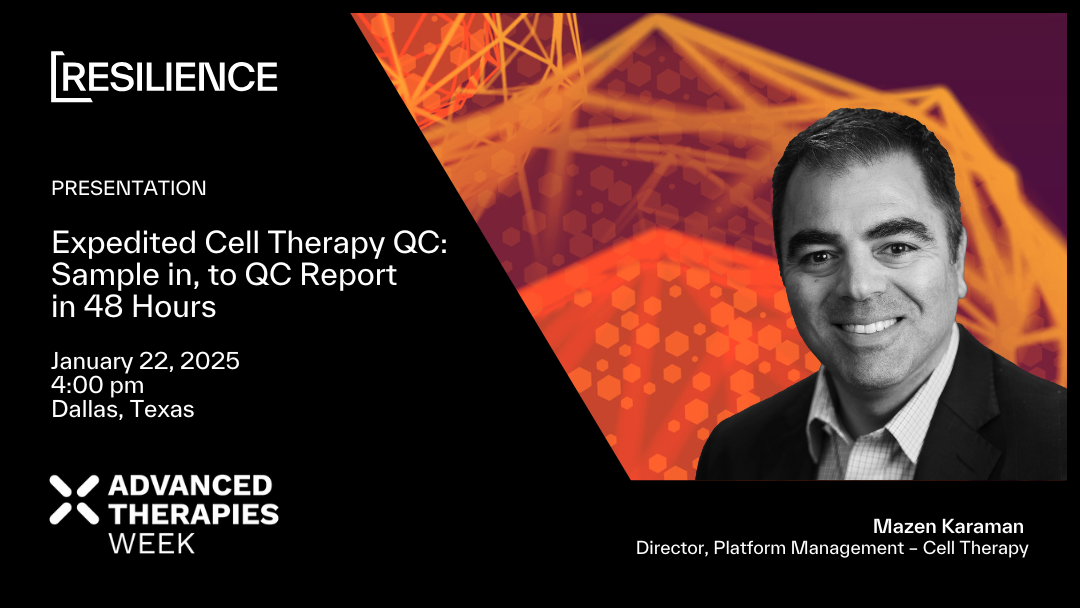
Cell Therapy Innovations: Reducing Costs to Improve Patient Access
Cell therapies offer life-changing treatments for patients with limited options, but face commercialization challenges due to high costs, ability to scale manufacturing, and of course clinical outcomes. With many new cell therapies in development, keeping the cost of goods sold (COGS) low is essential for these therapies to succeed in the market while maintaining quality, comparability and scalability. We sat down with Dwight Baker, Chief Innovation Officer, Advanced R&D, at Resilience to discuss how companies can leverage new technologies to manage COGS and what steps therapeutic developers should take to go about incorporating them.
"COGS is a major driver for the ultimate price that patients and payers see. If you can’t get your cell therapy to a price point that’s reimbursable, it’s not going to be successful. We’re seeing more and more investors scrutinize developers’ manufacturing strategies when they’re making funding decisions, even for developers in the early stages of discovery. Today, investors understand how manufacturing costs and manufacturing scalability impact the therapy’s chances of commercial success.”
Innovative manufacturing and quality control (QC) technologies need to be leveraged to reduce costs, while achieving a better understand of the therapeutic product to improve clinical outcomes. Technology is playing a growing role in scaling cell therapy manufacturing in a cost-effective way.
What Drives Up COGS for Cell Therapies?
Cell therapies are inherently complex and expensive to produce, with high raw material and manufacturing costs. Many therapies originate in academic centers or small biotech companies, where the focus is often on treatment efficacy rather than scalable manufacturing. Failure to consider manufacturing, scalability and approaches to release testing early can lead to costly adjustments later, requiring expensive bridging and/or comparability studies to demonstrate process consistency.
Leveraging Next-Generation Technologies
Early-stage cell therapy developers have an opportunity to leverage new technologies throughout their development and manufacturing to help manage COGS and deepen their understanding of their final drug product, which can translate into commercial success. Areas where we’re seeing opportunities to leverage new technologies include:
- Enhanced Characterization & Release Testing: Next-generation sequencing (NGS), especially single-cell NGS (scNGS), provides deeper insights into cell therapies. This allows developers to optimize processes by enriching their understanding of the final product and offers them the flexibility to adapt the process with manufacturing efficiency in mind.
- Cellular-Level Insights: Single-cell genomics and AI-driven analytics can help identify the most therapeutically relevant cell populations, potentially reducing the number of cells needed per treatment and lowering COGS.
- Automated Manufacturing: Closed, automated/semi-automated systems with in-line monitoring minimize manual processes, reduce contamination risks, and lower cleanroom requirements, cutting costs and improving scalability.
- Shorter Processes: Reducing the manufacturing process duration, especially for CAR-T cell therapies, has been shown to increase the potency of the cells because of more favorable phenotypes, and can have a major impact on COGS.
Best Practices to Leverage Next-Generation Technologies
Set your program up for success by considering the following when looking into incorporating innovative technologies.
- Plan for Manufacturing Early – Address scalability and COGS from the start to avoid costly changes later.
- Engage a Range of Stakeholders – Collaboration across key stakeholders and individual contributors performing the work leads to smarter manufacturing decisions.
- Partner with Experts – Working with experienced manufacturing partners who’ve worked on similar projects can streamline production, enhance regulatory compliance, and optimize costs.
The Path Forward
By integrating cutting-edge technologies and strategic planning, developers can bring high-quality cell therapies to market faster and at lower costs. Resilience offers advanced manufacturing solutions to help developers scale effectively while maintaining quality including
- 3-day CAR-T Manufacturing Platform, DAR-TTM: Learn how we’ve reduced the conventional manufacturing process for activated CAR-T cells down to just 3 days to capitalize on the potency and persistence of both naïve and central memory T cells.
Interested in speaking with one of our cell therapy experts to gain access to these technologies and maximize your therapeutic’s potential? Connect with us today.




